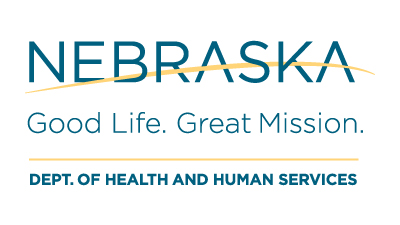![]()

March is Colorectal Cancer Awareness Month which brings awareness of the need for people to access life-saving resources that prevent, detect, and treat colorectal cancer (CRC). Early-age onset CRC diagnoses are rising by 2% annually with well over 100,000 new cases each year, and by 2030 it is predicted that CRC will be the leading cause of death in people under age 50. CRC is the second leading cause of cancer deaths in men and women combined.
One in 23 men and one in 25 women will be diagnosed with CRC in their lifetime. African Americans are at a 20% higher risk for CRC and are 40% more likely to die from it than other groups; the risks are similar for both men and women. CRC is also one of the top three cancers affecting Asian American men and women; Indigenous communities also have higher rates of CRC. For those born in the 1990s, the risk of colon cancer is doubled, which is four times the risk of rectal cancer than those born in 1950. Colorectal cancer incidence rates in individuals of screening age have been declining in the U.S. since the mid-1980s due to increased awareness and screening, but the screening rate remains low, especially among those who are uninsured or don’t have doctor’s offices within reasonable driving distance of their home.
Anyone can develop CRC, but risk factors include smoking, diets high in red and processed meats, obesity, excessive alcohol consumption, and a family history of CRC. Between 25%-30% of CRC patients have a family history of the disease.
The best thing to do in order to avoid this cancer is to stay active, don’t smoke, and eat healthy food. Nebraskans should get regular colon screenings starting at age 45 or younger if they have a family member who has had this cancer. More than 20 million Americans who are eligible for CRC screening have not been screened, which translates to one in three adults (45 to 75 years old). This cancer is more deadly for adults because 20 – 25% of patients have some metastatic disease at the time of diagnosis where cancer has already spread to other parts of the body. The primary treatment option is surgery to remove the cancer; other treatments include chemotherapy and radiation therapy. The earlier cancer is found, the better chance to beat it; colorectal cancer is treatable and not a death sentence. In Nebraska, just over 10,500 cancer cases were reported in 2019, the latest incidence data available.
It is easy to detect with regular screenings, as a polyp can take one to 15 years to develop into cancer and can be removed before that occurs. Polyps and CRC do not always cause symptoms, but a change in bowel habits and/or blood in the stool, diarrhea, constipation, abdominal pain or loss of weight may be noticed. The most common symptom is no symptom at all.
With screening, CRC deaths can be prevented 68% of the time. All adults 45 and older should be screened. A colonoscopy is considered the gold standard for colon screening, as polyps can be identified and removed during the same procedure. If a take-home screening test comes back positive, it is extremely important to get a follow-up colonoscopy to identify and examine any abnormalities or suspicious areas. Consult a doctor about which screening method is best. By knowing the risk factors and signs and symptoms, it is possible to catch CRC at its earliest stage. There are more than 1.5 million CRC survivors in the United States.
For more information on preventing CRC or finding it early, visit https://www.cdc.gov/cancer/colorectal
